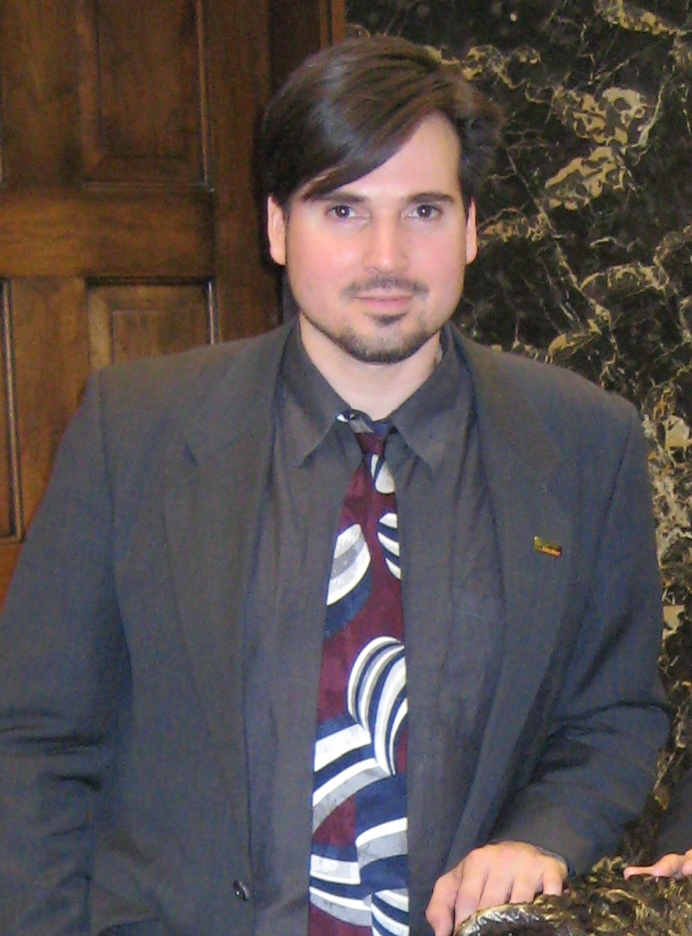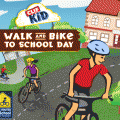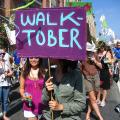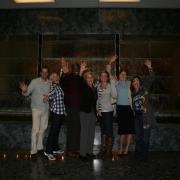
Resource Library
 Sustaining a Safe Routes to School program is on everyone’s mind.
Sustaining a Safe Routes to School program is on everyone’s mind.

 In my last post, I shared some of my aspirations for the great state of Mississippi with regard to the advancement of Safe Routes to School initiatives around the state.
In my last post, I shared some of my aspirations for the great state of Mississippi with regard to the advancement of Safe Routes to School initiatives around the state.
Superheros Among Us: Last week I had the pleasure to attend a New Jersey Partnership for Healthy Kids strategic planning meeting where I got to meet many of New Jersey’s real life superheroes. If you were there, you know that as part of the introductions, we all got to declare what our super power would be if we had one. They were all noble.
Since 2017, the Safe Routes Partnership has worked with community-based organizations to make park access safe, convenient, and equitable for people walking and biking. However, making changes to a sidewalk or holding one community engagement meeting is not going to have as long-term of an effect if we don't zoom out to see the whole system that created unsafe routes or inequities in the first place. That is why in 2021, after assessing the national landscape of planning and funding opportunities at the state and regional levels, we built a cohort of state agencies along with state-based local leader networks to begin applying promising practices that engage grassroots and grass tops, then assessing how they work in the field. Below is a summary of our approach and high-level take-aways.
 A couple of exciting Pro Walk/Pro Bike® Conference updates (September 10-13 in Long Beach, CA)! First, check out their new website – everything is so easy to find, including their recently released program.
A couple of exciting Pro Walk/Pro Bike® Conference updates (September 10-13 in Long Beach, CA)! First, check out their new website – everything is so easy to find, including their recently released program.
 In my first blog post, I indicated the Greater Washington, DC area regional network brought the unique challenge of encompassing two states and a federal district.
In my first blog post, I indicated the Greater Washington, DC area regional network brought the unique challenge of encompassing two states and a federal district.

NOTE: An update on the outcome of this vote follows the original post.
I realize you might think I am being a bit premature with this declaration, but I am not talking about the November elections. I am referring to a critical vote—a referendum—in Georgia that will influence the direction of transportation funding in the coming years.
 Like many organizations, we at the Safe Routes to School National Partnership like to have data to back up our opinions.
Like many organizations, we at the Safe Routes to School National Partnership like to have data to back up our opinions.

 As we all head back to school, it is exciting to see more and more children and families walking and bicycling to school each morning.
As we all head back to school, it is exciting to see more and more children and families walking and bicycling to school each morning.
 Ever wondered how effective Safe Routes to School programs are at increasing walking and bicycling to school? A new multi-state study gives a resounding answer to that question.
Ever wondered how effective Safe Routes to School programs are at increasing walking and bicycling to school? A new multi-state study gives a resounding answer to that question.

Residents of Centerville, SD, gathered in the warm prairie sunshine on a Saturday in September to celebrate completion of the first phase of a Safe Routes to School project. New sidewalks, curb and gutter, ADA curb ramps and traffic signs now make walking to school safer for school kids of all ages in this rural eastern South Dakota community of 882 people. New Safe Routes to School-funded programs to encourage walking to school are boosting the number of who do just that.
 Happy Walktober!
Happy Walktober!

Many of the ideas presented are simple, but have immense potential to improve the overall success, health and well-being of our City’s students. This Active Design Toolkit for Schools provides ideas and resources to incorporate active design into your school.
 Over the last few months, a great deal of momentum and synergy has been built around schools and communities initiating joint use (or shared use) agreements, which allow for the sharing of property between two entities to increase physical activity and improve nutrition among their residents. Although these efforts are good and collabor
Over the last few months, a great deal of momentum and synergy has been built around schools and communities initiating joint use (or shared use) agreements, which allow for the sharing of property between two entities to increase physical activity and improve nutrition among their residents. Although these efforts are good and collabor
While the overwhelming majority of driving occurs within metropolitan areas, many large urban highways and arterial roads cost substantially more money to maintain than they generate in fuel taxes.

